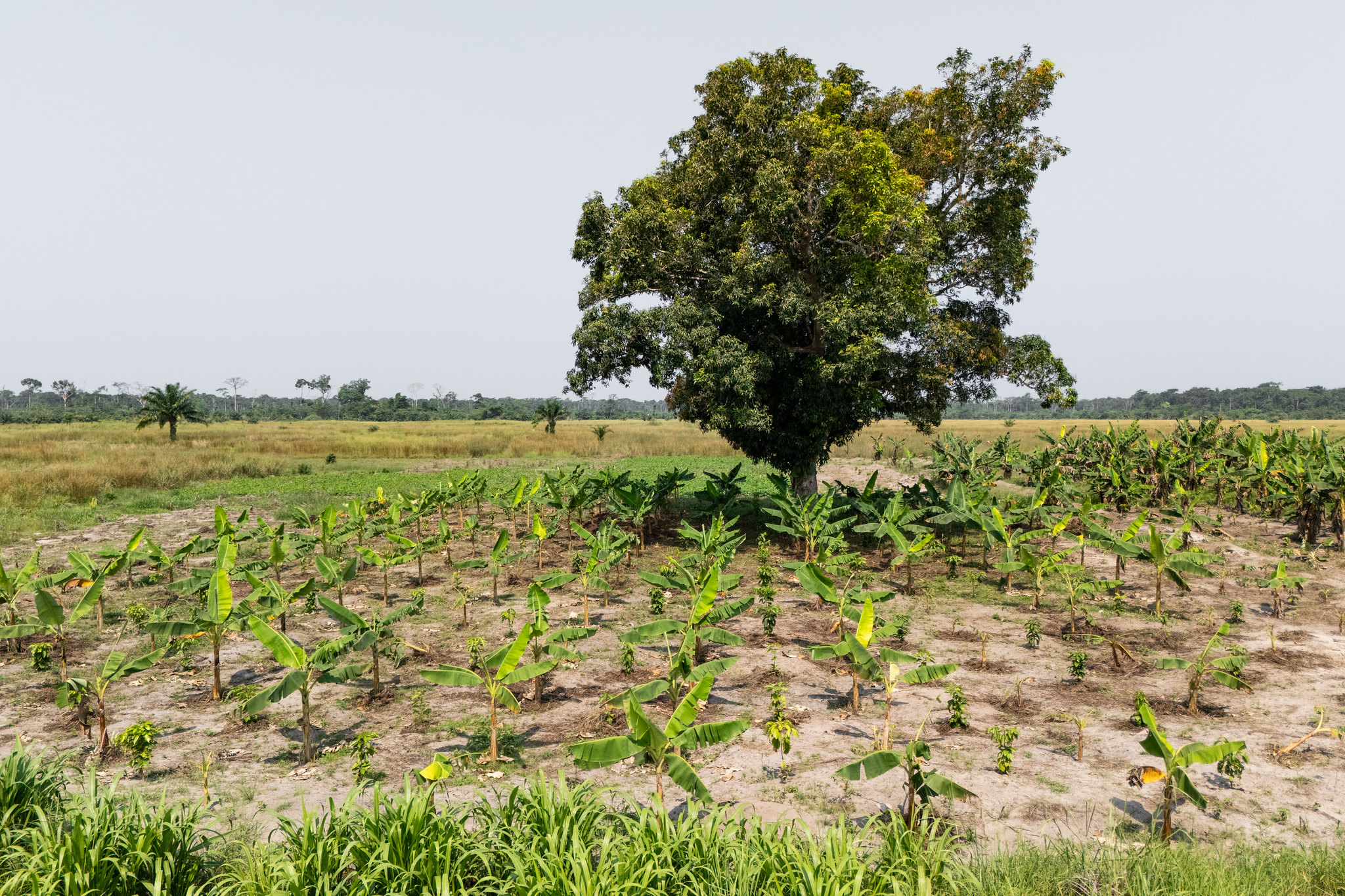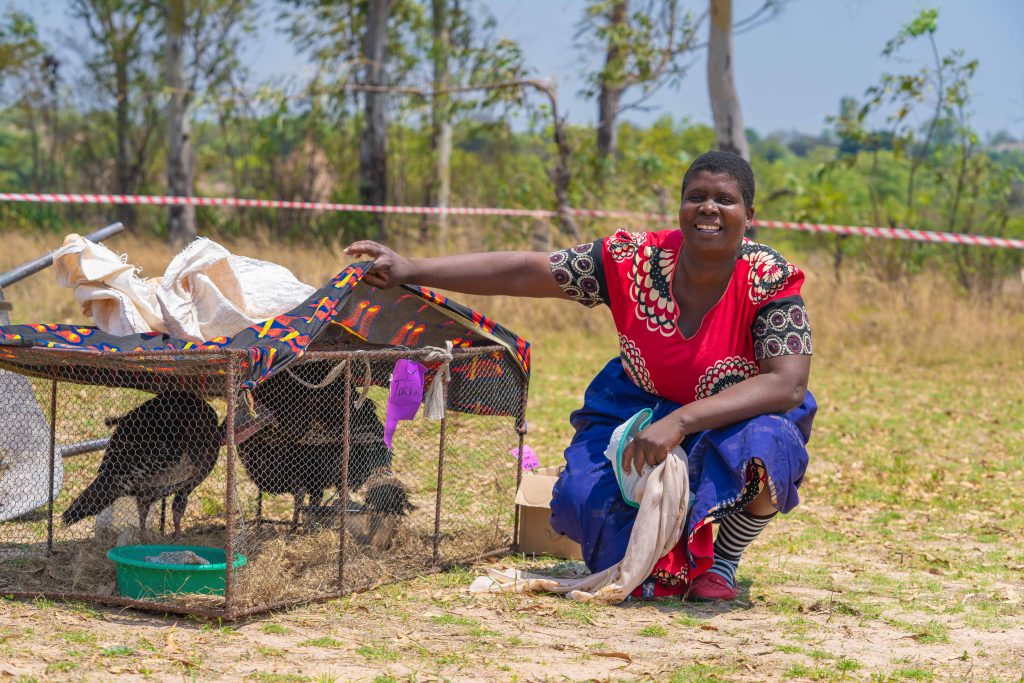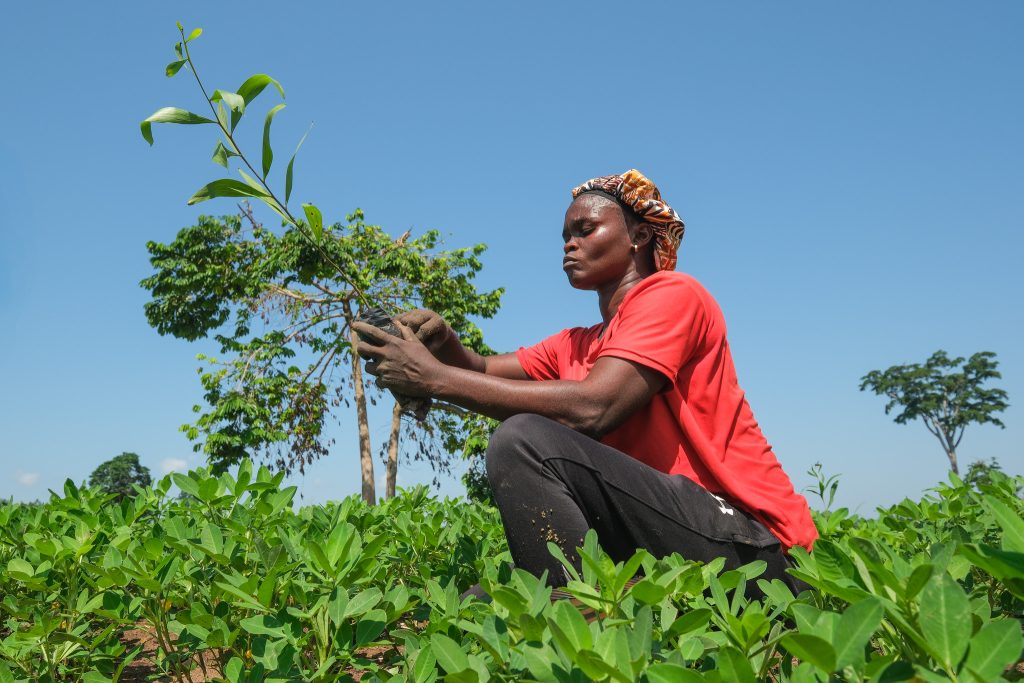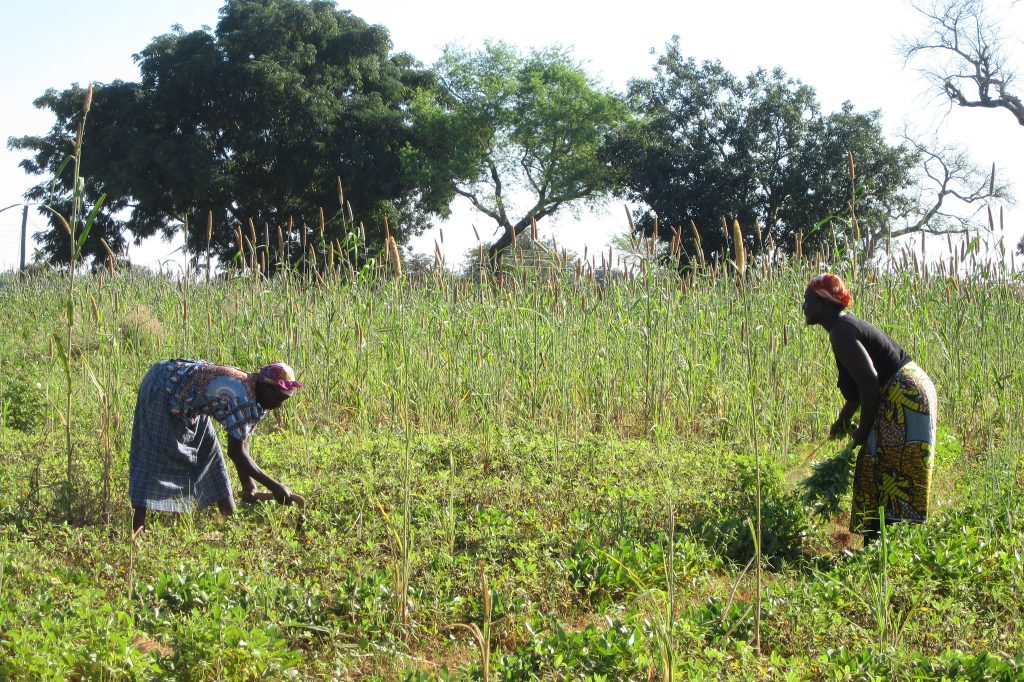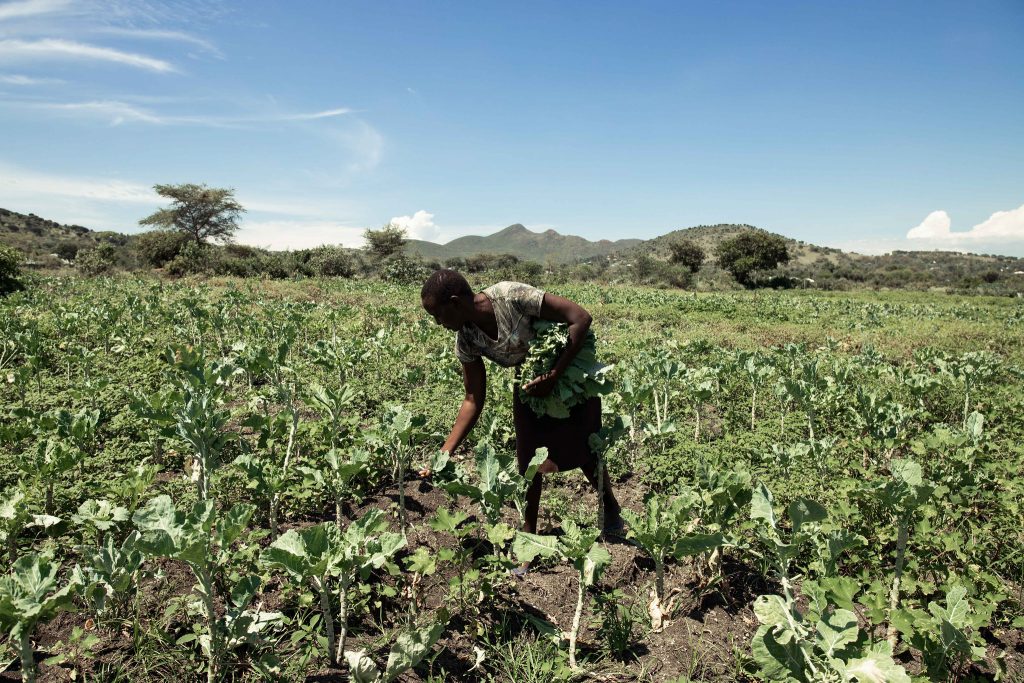Co-creating Pathways Towards a New Normal in Research, Education and Rural Advisory Systems for Agroecological Transitions and Food System Transformation
Introduction
This project applies transdisciplinary approaches to overcoming critical barriers and challenges for reconfiguring research, education, and rural advisory systems to enable co-creation at scale for accelerating agroecological food systems transformations. Among a series of research and concrete support activities the project aims at bringing together diverse stakeholders to co-design and co-implement practical roadmaps toward systemic change.
Through a network of core and satellite “lighthouses” across Africa that serve as testing grounds for innovation and collective learning, the project promotes collaboration among researchers, educators, farmers, and policymakers to identify barriers, co-create solutions, develop evidence-based resources and tools, and advocate for transdisciplinary approaches that facilitate agroecological transitions.
Aim
The project aims to establish a “new normal” by reshaping how research, education, and rural advisory systems contribute to agroecological transitions by promoting transdisciplinary collaborative action at scale. The overarching goal is to help generate the knowledge, methods and tools for institutionalizing transdisciplinary approaches in agroecology.
The project is structured around four interconnected objectives designed to drive meaningful and sustainable change.
Objectives:
- Co-design and co-implement roadmaps with key stakeholders in African lighthouses to identify and overcome barriers to enabling transdisciplinary agroecology at scale.
- Develop accessible resources and tools that support transdisciplinary approaches in research, education, and rural advisory services.
- Establish a global Community of Practice (CoP) to share experiences, foster co-learning, and promote policy influence on agroecological transformation.
- Advocate for institutional change by engaging donors, policymakers, and organizations to adopt and sustain transdisciplinary agroecology.
Project Scope and Timeline
This project has a three-year timeline (36 months), running from 2025 – 2028. It is being implemented across sub-Saharan Africa and contains global elements. Its focus countries include:
- Burkina Faso
- Kenya
- Malawi
- Mali
- Niger
- Tanzania
- Uganda
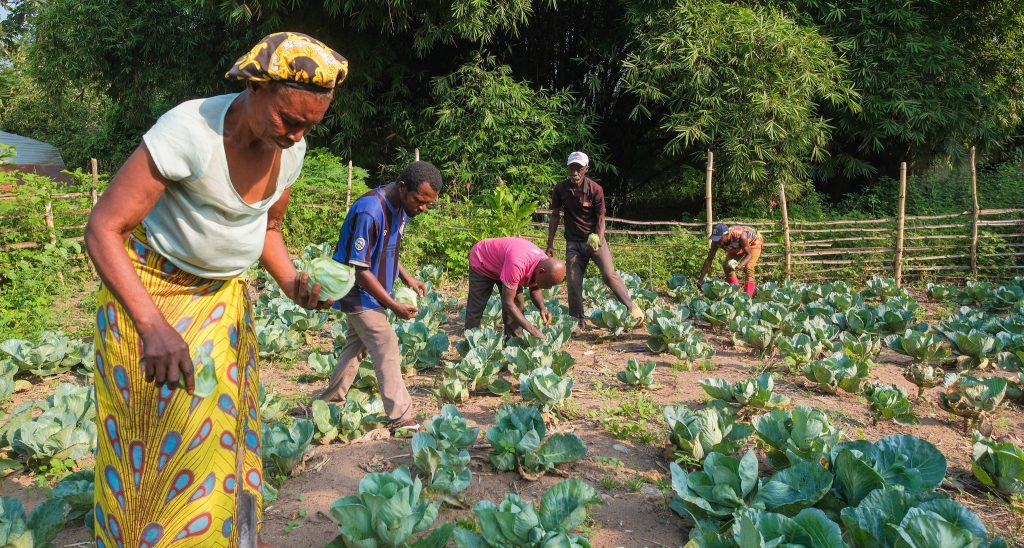
Modality
At the core of the project are transdisciplinary “lighthouses”, which are exemplary initiatives where researchers, educators, extension agents, farmers, civil society, and policymakers collaborate to address food system challenges, serving as scalable models for agroecological knowledge and innovation co-creation. They are divided into two complementary groups:
- Core lighthouses: These are territorially defined and are made up of key stakeholders who co-design and co-implement concrete roadmaps for overcoming key barriers and challenges for scaling transdisciplinary approaches to agroecology.
- Satellite lighthouses: These are institutionally defined, and act as complementary learning spaces that connect broader networks, institutions, and regional initiatives to the local experiences of the core lighthouses.
By linking stakeholders across these lighthouses, this project facilitates structured co-learning and knowledge exchange at local, national, and global levels. Through this approach, the project hopes to identify what works, where, and why, generating lessons and frameworks that can be adapted for broader institutional adoption.
This project utilizes a participatory co-design process, based on direct engagement with stakeholders across the lighthouses to generate knowledge, tools, and practices that can be adapted across diverse contexts.
Activities include:
- Desk reviews and stakeholder mapping
- Institutional change management
- Participatory Action Research
- Participatory Monitoring, Evaluation, and Learning (PMEL)
- Qualitative data analysis
- Workshops, focus group discussions, and key informant interviews
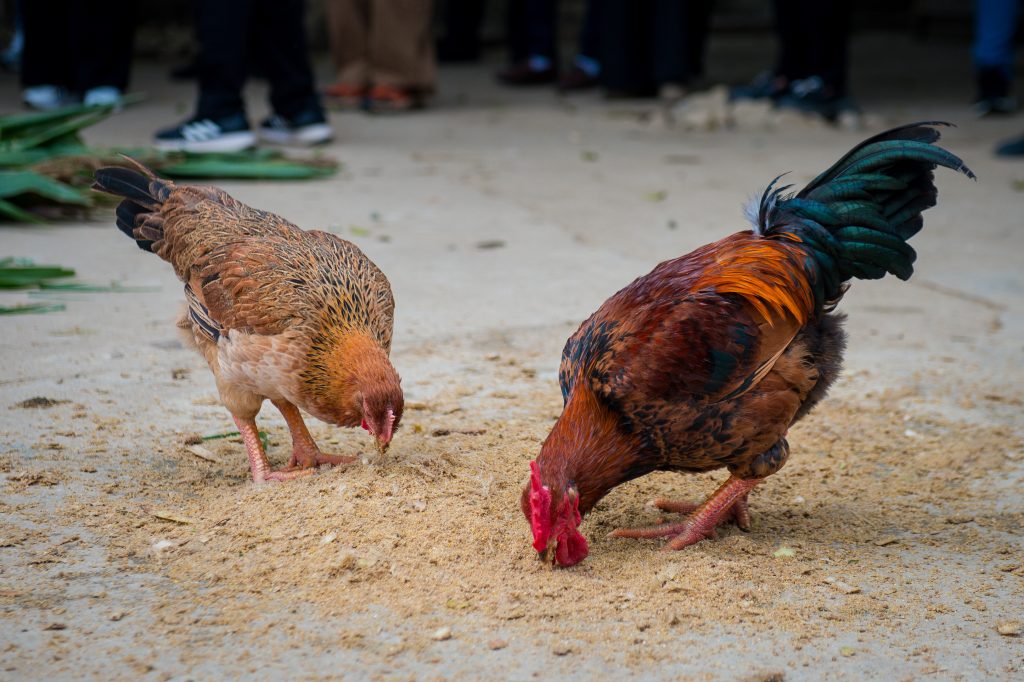
Partners
- Center for International Forestry Research and World Agroforestry (CIFOR-ICRAF)
- French Agricultural Research Centre for International Development (CIRAD)
- Sokoine University of Agriculture (SUA) on behalf of the Agroecology Hub in Tanzania (AEHT)
- Statistics for Sustainable Development (Stats4SD)
- University of Natural Resources and Life Sciences, Vienna (BOKU)
Additional partners representing a diversity of transdisciplinarity lighthouses in Africa to be identified through iterative research cycles.
Contacts
Matthias Geck (CIFOR-ICRAF): M.Geck@cifor-icraf.org
Related Domains
This project is of crosscutting nature providing methodological support relevant to all TPP Domains and is particularly aligned with the Fixing policies and institutions to enable adoption decisions domain of the AE-TPP.
Donors
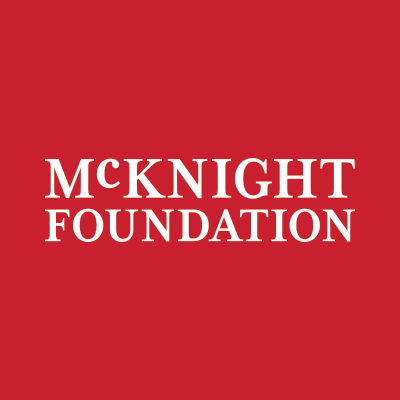
This project is generously funded by the McKnight Foundation

